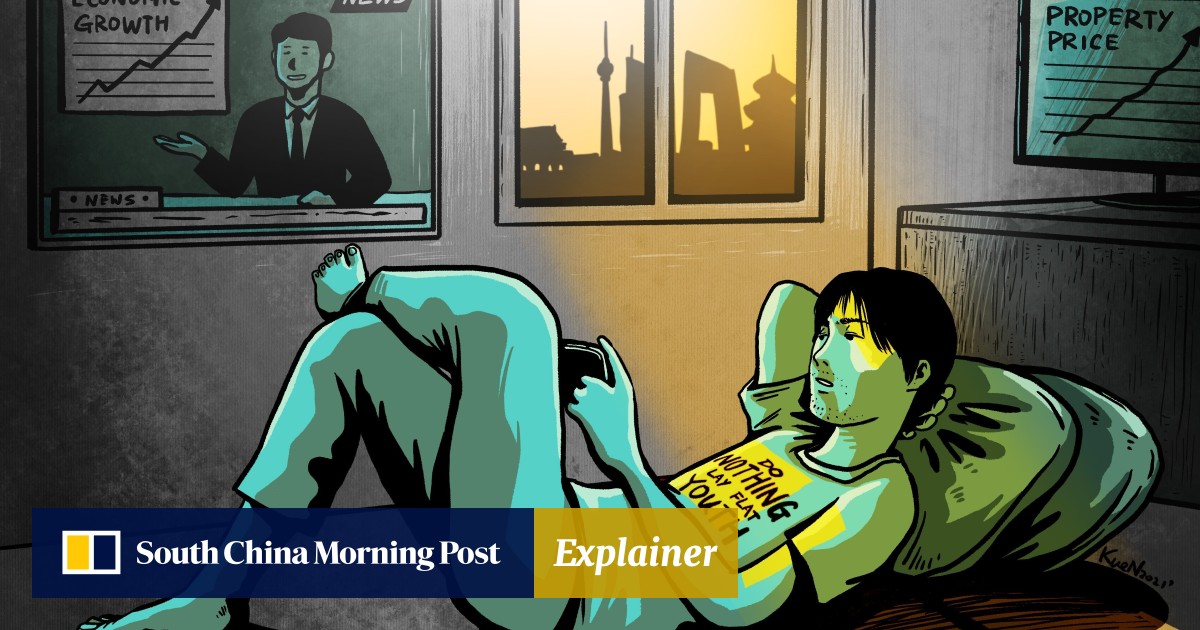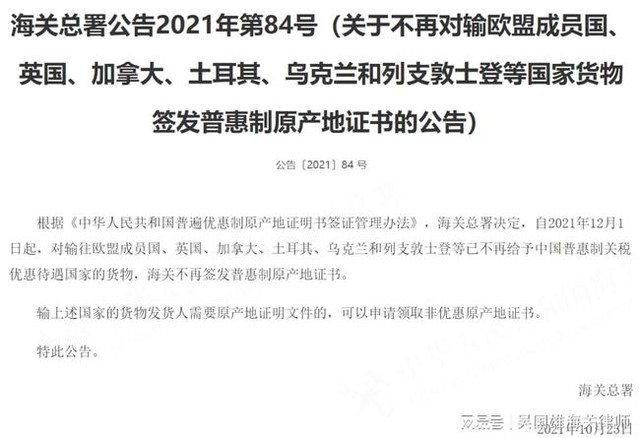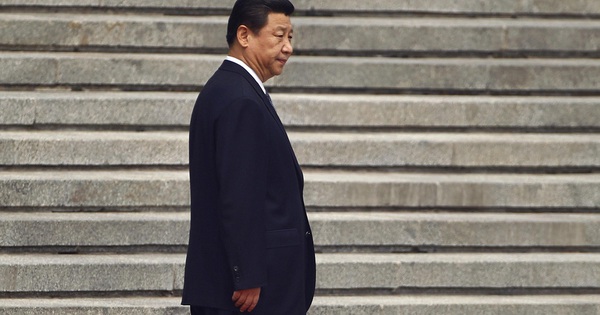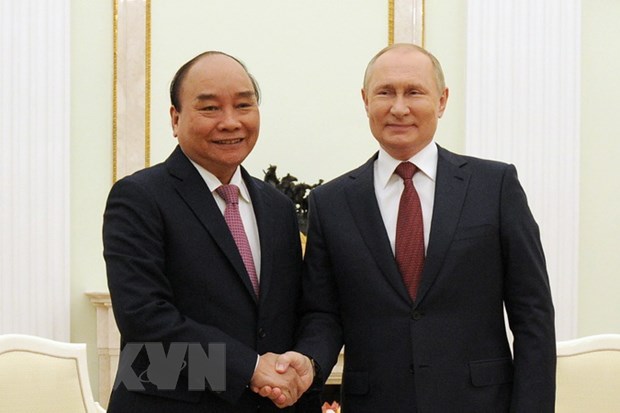VivaVietnamm
Regular Member
- Joined
- Aug 30, 2021
- Messages
- 195
- Likes
- 706
China's economy is facing challenges from all sides: a slumping property market, an energy crisis, consumer pessimism, and soaring raw material prices...
The series of data that the government will release next Monday will show how bad the story is. Economists polled by Bloomberg news forecast China's gross domestic product (GDP) growth to be only 5% in the third quarter of this year, from the 7.9% increase achieved in the second quarter.
The outlook for the world's second-largest economy has deteriorated in recent months, as the real estate market has become precarious because of the Evergrande debt crisis, alongside a widespread power outage that has caused major disruptions to the economy. The factory must cut operations or suspend operations. Economists have simultaneously lowered their forecast for China's economic growth this year, saying that this deceleration could have a global impact.
"China's third-quarter growth is not an optimistic picture, especially since the low-base effect has gradually worn off," said Liu Peiqian, an economist at Natwest Markets in Singapore. “In the last quarter, the Chinese government prioritized long-term reform goals and reduced focus on short-term growth targets.
REAL ESTATE MARKET DOWN


Evergrande’s Ghost Cities
Beijing has gradually tightened restrictions on the real estate market to prevent financial risks, causing a sharp decline in construction activity and exacerbating a liquidity crisis at real estate giant Evergrande. . The Evergrande debt crisis has also had a significant impact on China's real estate industry in general. Total sales of China's 100 property developers fell 36% year-on-year in September, which is usually the peak period for annual home sales. From there, the effect is said to be able to spread throughout the economy because according to Goldman Sachs estimates, the real estate industry and related fields account for about a quarter of China's GDP. With cash flow tightening, Chinese real estate companies may have to cut back on new investment. Real estate investment growth may slow to 9.5% in the first nine months of this year from a year earlier, from 10.9% in August, according to economists surveyed by Bloomberg. close.
ELECTRICITY CRISIS
Factories in China were forced to cut production due to power shortages from the second half of September, sending the purchasing managers' index (PMI) below 50 for the first time since Covid-19 became pandemic last year, a sign that the manufacturing industry is shrinking instead of growing. However, strong export data and increased electricity consumption in September suggest that the impact of the power shortage crisis on industrial production can be diverse. Power consumption in the processing industry increased 6% year-on-year, indicating industrial production remains strong despite the power shortage, Goldman Sachs analysts said. However, according to this report, electricity consumption data can be volatile and may deviate from industrial production trends. Economists polled by Bloomberg forecast China's industrial output growth in September to fall to 3.9% year-on-year in September, matching the growth rate of 2020.
CAUTION CONSUMERS
The Delta variant has been causing outbreaks in China since mid-July. Authorities had to take drastic measures to control the spread, even if only a few cases were detected. because China is pursuing a strategy to eliminate Covid. This has a significant impact on consumption. At the end of August, localities in China began to relax anti-epidemic measures, so retail sales improved in September. According to the survey results of purchasing managers (PMI), service activities September also recovered stronger than expected. Experts surveyed by Bloomberg forecast China's retail sales to grow 3.5% in September, compared with a 2.5% increase in August.
EXPORTS STILL GROWING STRONGLY
In September, China's dollar-denominated exports rose 28.1 percent year-on-year to a record $305.7 billion, customs data released on October 13 showed. This increase far exceeded the forecast of 21.5% increase that analysts made earlier. Export growth reached 17.6%, lower than the forecast of 20.9%, bringing the trade surplus to USD 66.8 billion. Strong export growth is a bright spot in China's bad news economy. Demand for Chinese goods in advanced economies is still strong, in part because importers have had to move orders out of some other countries hit hard by Covid-19 like Vietnam. Importers are also trying to speed up orders from China to prepare for the year-end shopping season, because of concerns about bottlenecks in the global supply chain. A sharp increase in the trade surplus is one reason for the yuan's continued appreciation this year, despite the deteriorating outlook for China's economic growth. The yuan's uptrend may have started to worry Chinese policymakers, as demonstrated by the Central Bank of China (PBOC) on October 14 setting a lower reference rate. forecast, causing the renminbi to depreciate from a 4-month high.
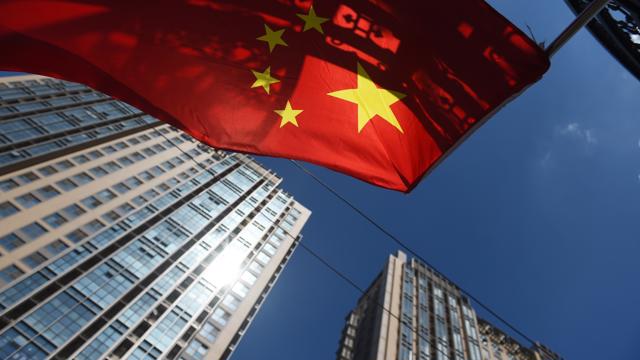
 vneconomy.vn
vneconomy.vn
The series of data that the government will release next Monday will show how bad the story is. Economists polled by Bloomberg news forecast China's gross domestic product (GDP) growth to be only 5% in the third quarter of this year, from the 7.9% increase achieved in the second quarter.
The outlook for the world's second-largest economy has deteriorated in recent months, as the real estate market has become precarious because of the Evergrande debt crisis, alongside a widespread power outage that has caused major disruptions to the economy. The factory must cut operations or suspend operations. Economists have simultaneously lowered their forecast for China's economic growth this year, saying that this deceleration could have a global impact.
"China's third-quarter growth is not an optimistic picture, especially since the low-base effect has gradually worn off," said Liu Peiqian, an economist at Natwest Markets in Singapore. “In the last quarter, the Chinese government prioritized long-term reform goals and reduced focus on short-term growth targets.
REAL ESTATE MARKET DOWN


Evergrande’s Ghost Cities
Beijing has gradually tightened restrictions on the real estate market to prevent financial risks, causing a sharp decline in construction activity and exacerbating a liquidity crisis at real estate giant Evergrande. . The Evergrande debt crisis has also had a significant impact on China's real estate industry in general. Total sales of China's 100 property developers fell 36% year-on-year in September, which is usually the peak period for annual home sales. From there, the effect is said to be able to spread throughout the economy because according to Goldman Sachs estimates, the real estate industry and related fields account for about a quarter of China's GDP. With cash flow tightening, Chinese real estate companies may have to cut back on new investment. Real estate investment growth may slow to 9.5% in the first nine months of this year from a year earlier, from 10.9% in August, according to economists surveyed by Bloomberg. close.
ELECTRICITY CRISIS
Factories in China were forced to cut production due to power shortages from the second half of September, sending the purchasing managers' index (PMI) below 50 for the first time since Covid-19 became pandemic last year, a sign that the manufacturing industry is shrinking instead of growing. However, strong export data and increased electricity consumption in September suggest that the impact of the power shortage crisis on industrial production can be diverse. Power consumption in the processing industry increased 6% year-on-year, indicating industrial production remains strong despite the power shortage, Goldman Sachs analysts said. However, according to this report, electricity consumption data can be volatile and may deviate from industrial production trends. Economists polled by Bloomberg forecast China's industrial output growth in September to fall to 3.9% year-on-year in September, matching the growth rate of 2020.
CAUTION CONSUMERS
The Delta variant has been causing outbreaks in China since mid-July. Authorities had to take drastic measures to control the spread, even if only a few cases were detected. because China is pursuing a strategy to eliminate Covid. This has a significant impact on consumption. At the end of August, localities in China began to relax anti-epidemic measures, so retail sales improved in September. According to the survey results of purchasing managers (PMI), service activities September also recovered stronger than expected. Experts surveyed by Bloomberg forecast China's retail sales to grow 3.5% in September, compared with a 2.5% increase in August.
EXPORTS STILL GROWING STRONGLY
In September, China's dollar-denominated exports rose 28.1 percent year-on-year to a record $305.7 billion, customs data released on October 13 showed. This increase far exceeded the forecast of 21.5% increase that analysts made earlier. Export growth reached 17.6%, lower than the forecast of 20.9%, bringing the trade surplus to USD 66.8 billion. Strong export growth is a bright spot in China's bad news economy. Demand for Chinese goods in advanced economies is still strong, in part because importers have had to move orders out of some other countries hit hard by Covid-19 like Vietnam. Importers are also trying to speed up orders from China to prepare for the year-end shopping season, because of concerns about bottlenecks in the global supply chain. A sharp increase in the trade surplus is one reason for the yuan's continued appreciation this year, despite the deteriorating outlook for China's economic growth. The yuan's uptrend may have started to worry Chinese policymakers, as demonstrated by the Central Bank of China (PBOC) on October 14 setting a lower reference rate. forecast, causing the renminbi to depreciate from a 4-month high.

Gặp khó đủ đường, kinh tế Trung Quốc có thể sụt tốc mạnh
Nền kinh tế Trung Quốc đang đương đầu thách thức từ mọi phía: thị trường bất động sản sụt giảm, khủng hoảng năng lượng, tâm lý bi quan của người tiêu dùng, và giá nguyên vật liệu thô tăng vọt...






